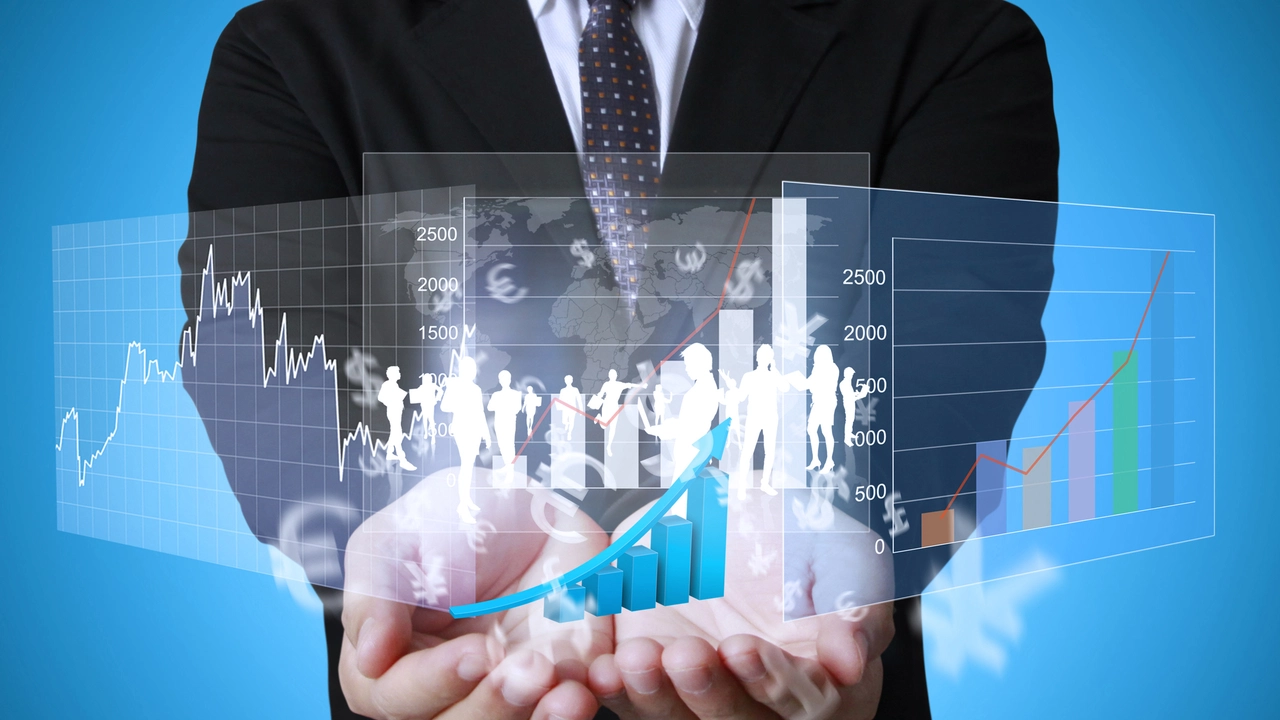

 Jul, 23 2023
-0 Comments
Jul, 23 2023
-0 Comments
Before diving into the relationship between the economy and business, it is essential to grasp the basic concepts. The economy is a broad term that refers to how a country or region manages its resources, including money, labor, and assets. It's the combined total of all activities related to production, consumption, and trade of goods and services within an area. On the other hand, a business is an organization or entity that engages in commercial, industrial, or professional activities. It can be a profit-making entity or a non-profit organization. Businesses are the building blocks of an economy as they generate revenue, create jobs, and foster innovation.
Businesses do not exist in a vacuum; they operate within an economy. Economic conditions significantly impact businesses in numerous ways – from consumer spending habits to investment decisions. When the economy is booming, businesses typically thrive as customers have more disposable income to spend. Conversely, during a recession or economic downturn, businesses often struggle due to decreased consumer spending and tight credit conditions. Thus, understanding the state of the economy helps businesses make strategic decisions that align with economic conditions.
Just as the economy impacts businesses, businesses too play a crucial role in shaping the economy. Businesses create jobs, which increase employment levels and, consequently, consumer spending. By investing in innovation and technology, businesses can drive economic growth by increasing productivity and creating new industries. Moreover, businesses pay taxes to the government, which are used to fund public services and infrastructure. Thus, the health and success of businesses are integral to a robust and thriving economy.
Business strategies and economic policies are interrelated. Economic policies set by the government, such as taxation, interest rates, and trade regulations, affect business operations and decisions. For instance, high-interest rates can discourage businesses from borrowing and investing, while favorable trade policies can encourage businesses to expand overseas. On the other hand, the strategies businesses adopt can influence economic policies. For example, businesses' efforts to lobby for lower taxes or less regulation can sway government policy.
Economic indicators are vital tools for businesses in their planning process. They provide valuable insights into the health of the economy, helping businesses anticipate market trends and make informed decisions. Indicators such as GDP growth rate, unemployment rate, and inflation rate allow businesses to gauge economic conditions and adjust their strategies accordingly. For instance, a high unemployment rate might signal a weak economy, prompting businesses to cut costs and tighten budgets.
Economic cycles – periods of expansion and contraction in the economy – are inevitable. Businesses must navigate these cycles, adapting their strategies to changing economic conditions. During periods of economic growth, businesses may invest in expansion and innovation. During downturns, they may need to implement cost-cutting measures or seek new markets. Understanding and effectively navigating economic cycles can be the key to business survival and success.
Looking ahead, the relationship between the economy and business will continue to evolve. Factors such as globalization, technological advancements, and environmental concerns are reshaping the business landscape and, consequently, the economy. Businesses are increasingly operating beyond national borders, making them more susceptible to global economic conditions. Technological advancements are creating new industries and transforming old ones, influencing economic growth. Moreover, the growing emphasis on sustainable business practices is pushing businesses and economies towards a greener future. Thus, understanding these trends is crucial for businesses to thrive in the evolving economic landscape.
0 Comments